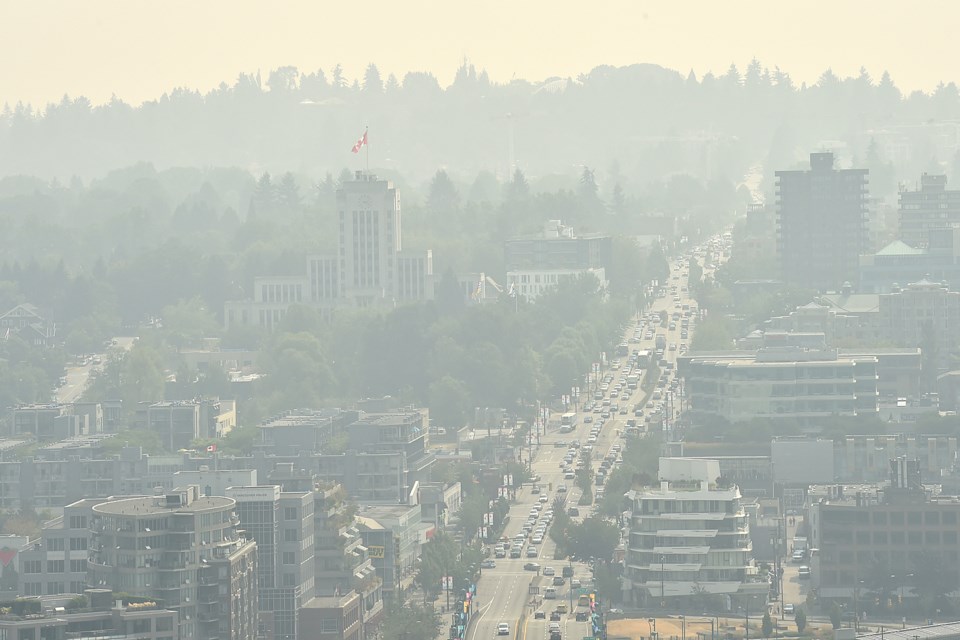After a summer that saw an unprecedented number of air quality advisories in Metro Vancouver and a wildfire season deemed one of the longest and most destructive, the province announced an increase in wildfire-related fines.
Effective immediately, the government has increased some of the penalties up to $100,000 with the aim of helping with fire prevention and discouraging irresponsible off-road vehicle use, as well as introducing new regulations around the use of off-road vehicles.
“These changes reflect the tougher stand that our government is taking to eliminate unnecessary wildfire risks, encourage compliance, protect communities from harm and help keep British Columbians safe,” Doug Donaldson, minister of forests, lands, natural resource operations and rural development, said in a press release.
The new regulations include the requirement that all off-road vehicles have a spark arrestor, a small screen added to the exhaust system that stops sparks or exhaust residue from exiting the tailpipe, installed when operating on Crown land. Not having a spark arrestor could result in a $460 fine, or an fine of up to $10,000 if a vehicle without a spark arrestor is operating at a time, or in an area, where there is a risk of wildfire. If a fire starts, the fines range up to $1 million and/or three years in jail. And the person responsible could also be ordered to pay all firefighting and associated costs.
The government also added new penalties of up to $100,000 for violations around utility transmissions operations — if a wildfire is started by a downed power line, or when vegetation near a utility line has not been properly maintained and a tree falls on an energized line and starts a fire — and fines of up to $10,000 for not complying with a stop-work order.
“This change will give the province additional compliance and enforcement options to deal with people who continue to engage in a high-risk activity after a stop-work order has been issued,” the government statement reads.
The fine for contravening the Wildfire Act have also been increased from $767 to $1,150 for failing to comply with restricted area requirements, failing to comply with an order restricting an activity or use, and failing to comply with an order to leave a specified area.
jkerr@vancourier.com



